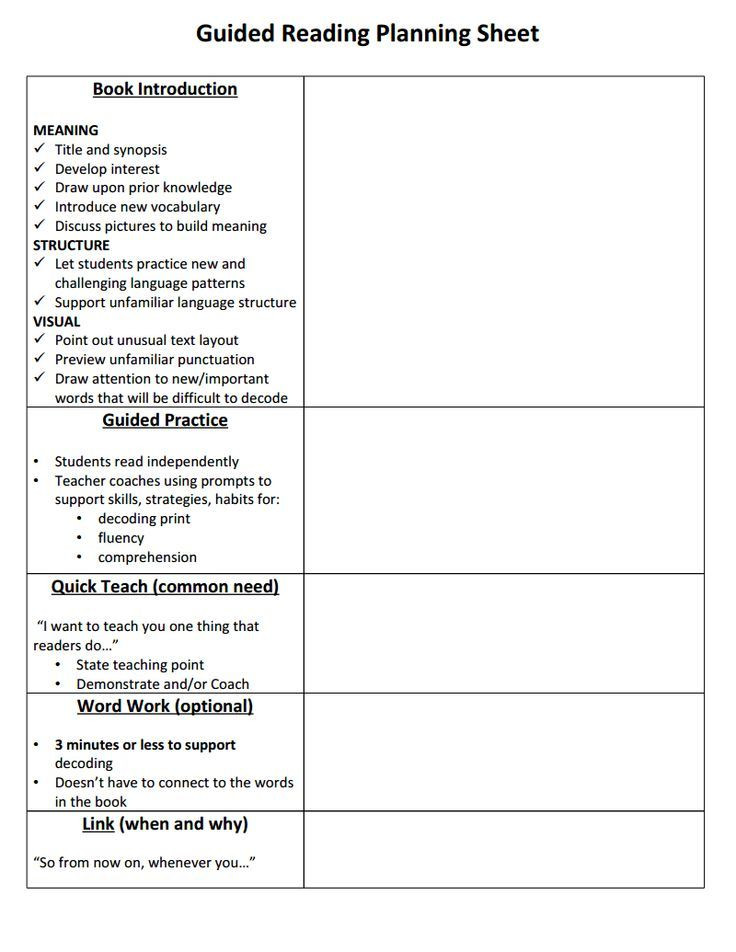

Within one year, students in one classroom can receive more than 60,000 questions (approximately 12,000 questions yearly have been reported for promoting students’ rational thoughts) ( Nappi, 2017). Furthermore, Joseph (2018) has emphasized that nearly all teachers use 35%–50% of their instructional time questioning students. Among those strategies, the questioning strategy can affect students’ active learning participation ( Nuryani et al., 2018), so most teachers currently use the questioning strategy to elicit students’ responses, check their understanding, and control their behavior ( Yuliawati et al., 2016). Therefore, in teaching reading comprehension skills, teachers should use the most effective teaching strategies to stimulate students’ critical thinking ( Yuliawati et al., 2016). Reading is also the most fundamental skill for nearly all academic subjects, students’ educational success, and their later careers ( Okkinga et al., 2018). In English language teaching (ELT), reading is emphasized as the most important skill among listening, speaking, writing, and reading ( Rodli and Prastyo, 2017). Therefore, this study is of immense significance to English language teachers and their students. The study findings revealed that teaching with RBQA had a significant positive effect on students’ reading comprehension. After a five-week intervention, both groups completed post-tests to assess their achievement. During RBQA intervention, teachers used the anonymous student questionnaire and observation scheme as effective reflection tools. The experimental group ( N = 228) received the RBQA intervention the control group ( N = 230) did not receive the intervention but was provided with traditional instruction.

Employing cluster randomized trials, quasi-experimental research was conducted to investigate RBQA’s effectiveness in teaching reading comprehension skills to Grade-9 students. The RBQA approach covers Oo et al.’s (2021) reflective teaching model for reading comprehension (based on planning, acting, reflecting, and evaluating) in which the teacher uses a questioning strategy (initiate-response-evaluate model). This study aimed to scrutinize the effects of the reflection-based questioning approach (RBQA) on Myanmar students’ achievement in English reading comprehension.


 0 kommentar(er)
0 kommentar(er)
